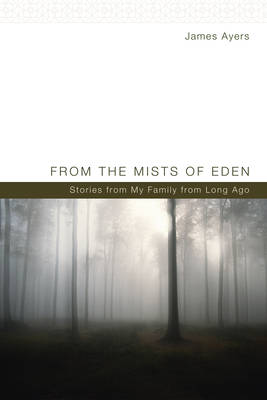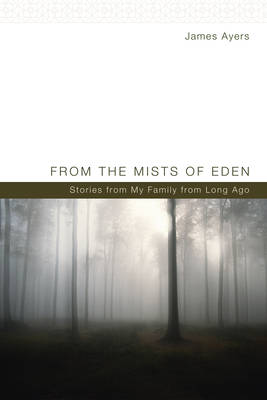
- Afhalen na 1 uur in een winkel met voorraad
- Gratis thuislevering in België vanaf € 30
- Ruim aanbod met 7 miljoen producten
- Afhalen na 1 uur in een winkel met voorraad
- Gratis thuislevering in België vanaf € 30
- Ruim aanbod met 7 miljoen producten
Zoeken
€ 59,95
+ 119 punten
Uitvoering
Omschrijving
When we read old family letters or hear stories about our great-grandparents, they hold our attention in a particular way. Events from long before we were born are about us: they tell us something important about who we are. If there's a story about great-aunt Mildred on the Oregon Trail as a young child, we want to know that story, because it affects who we are today. Commonly we read the Bible as a historical text, making it a source of facts or doctrines: useful information, but perhaps not very personal. Yet the narratives in early chapters of the Bible need to be understood not as ancient history, but as part of the story of our family. Again and again, for example, the people of Israel of later generations were reminded, "Remember that you were slaves in Egypt"--they must understand that the story of the deliverance is not distant history, but their own reality. From the Mists of Eden retells eleven key stories, from Genesis through Joshua, as family stories: Aunt Hagar and Aunt Sarai, Uncle Joshua, and Uncle Red and Uncle Jacob and Uncle Joe.
Specificaties
Betrokkenen
- Auteur(s):
- Uitgeverij:
Inhoud
- Aantal bladzijden:
- 172
- Taal:
- Engels
Eigenschappen
- Productcode (EAN):
- 9781498260176
- Verschijningsdatum:
- 3/05/2012
- Uitvoering:
- Hardcover
- Formaat:
- Genaaid
- Afmetingen:
- 152 mm x 229 mm
- Gewicht:
- 403 g

Alleen bij Standaard Boekhandel
+ 119 punten op je klantenkaart van Standaard Boekhandel
Beoordelingen
We publiceren alleen reviews die voldoen aan de voorwaarden voor reviews. Bekijk onze voorwaarden voor reviews.











